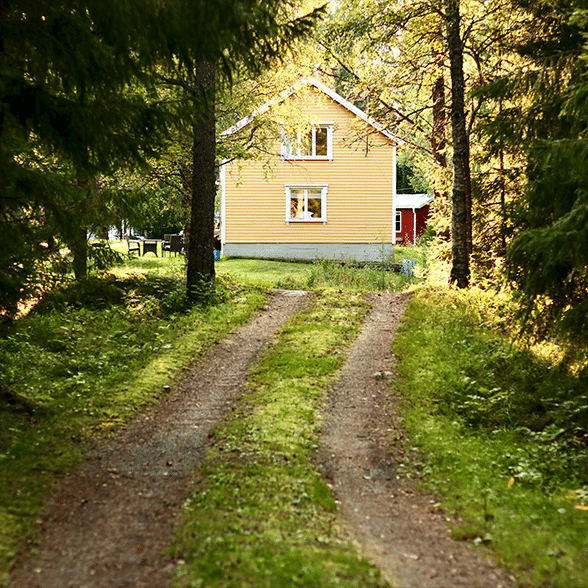Eight states are addressing homes underserved by broadband through programs that fund some of the costs of line extensions, according to a recent Pew Charitable Trusts post. Each state’s program is a bit different from the others.
Most of the homes requiring line extensions were overlooked during initial broadband construction for various reasons, including having long driveways set far back from the street, being just outside a provider’s service area, or the original owners denying access to the premises. The construction costs of bringing service to these homes is often far too expensive for middle- to low-income residents.
Several states are trying to address reach these homes and businesses via line extension programs. These programs are all intended to help offset the costs of bringing broadband to homes missed by initial construction but, as Pew reports, the eight states with line extension programs are all taking a different approach and using different funding sources.
California
- Program name: Line Extension Program
- Founded: 2017
- Total line extension funds: $5 million
- Type of funding: State funds
- Type of project: Connecting individual addresses
- Grant amount: $500 per household for wireless internet projects or $9,300 for wired broadband
- Minimum speed required after construction: 100/20 Mbps
- Applicant: Residents or their representatives (like broadband providers)
Indiana
- Program name: Indiana Connectivity Program
- Founded: 2021
- Total line extension funds: $4.4 million so far
- Type of funding: State funds
- Type of project: Connecting individual addresses
- Grant amount: $25,000 per project plus an additional $4,800 per connected premises
- Minimum speed required after construction: 50/5 Mbps
- Applicant: Providers in partnership with the state’s Office of Community and Rural Affairs
Maine
- Program name: Reach Me Line Extension Incentives
- Founded: 2022
- Total line extension funds: $20 million
- Type of funding: Federal funds via the American Rescue Plan Act (ARPA)
- Type of project: Connecting individual addresses
- Minimum speed required after construction: 50/10 Mbps for $30 or less per month
- Applicant: Providers in partnership with the Maine Connectivity Authority
Minnesota
- Program name: Broadband Line Extension Connection Program
- Founded: 2022
- Total line extension funds: $15 million
- Type of funding: State appropriations fund
- Type of project: Connecting individual addresses
- Grant amount: Maximum $25,000 per line extension
- Eligible to areas with a current minimum speed: 25/3 Mbps
- Applicant: Providers in a reverse auction format
Pennsylvania
- Program name: Broadband Infrastructure Program
- Founded: 2023
- Total line extension funds: $200 million
- Type of funding: Federal funds via the American Rescue Plan Act (ARPA)
- Type of project: Connecting individual addresses or large-scale projects
- Grant amount: $500,000 to $10 million, with providers contributing at least 25% of the cost
- Applicant: Providers
Vermont
- Program name: Line Extension Customer Assistance Program
- Founded: 2020
- Total line extension funds: $2 million
- Type of funding: Federal funds via the CARES Act and ARPA
- Type of project: Connecting individual addresses
- Grant amount: Up to $3,000 per residence
- Eligible to areas with a current minimum speed: 25/3 Mbps
- Applicant: Residents
Virginia
- Program name: Line Extension Customer Assistance Program
- Founded: 2021
- Total line extension funds: $16 million
- Type of funding: Federal funds via the American Rescue Plan Act (ARPA)
- Type of project: Connecting individual addresses
- Grant amount: $10 per linear foot for overhead wiring or $15 per linear foot belowground
- Applicant: Residents or their representatives (like BSPs or health care providers)
West Virginia
- Program name: Line Extension Advancement and Development (LEAD) program
- Founded: 2021
- Total line extension funds: $30 million
- Type of funding: Federal funds via the American Rescue Plan Act (ARPA)
- Type of project: Large-scale projects
- Grant amount: No cap, though providers may have to split funds for projects higher than $5 million
- Minimum speed required after construction: 100/20 Mbps
- Applicant: Providers
For complete details, read the full Pew blog post.
Previous Pew research found considerable variation in the amount of funding offered through various state line extension programs and that seems to be the case at this time as well.



